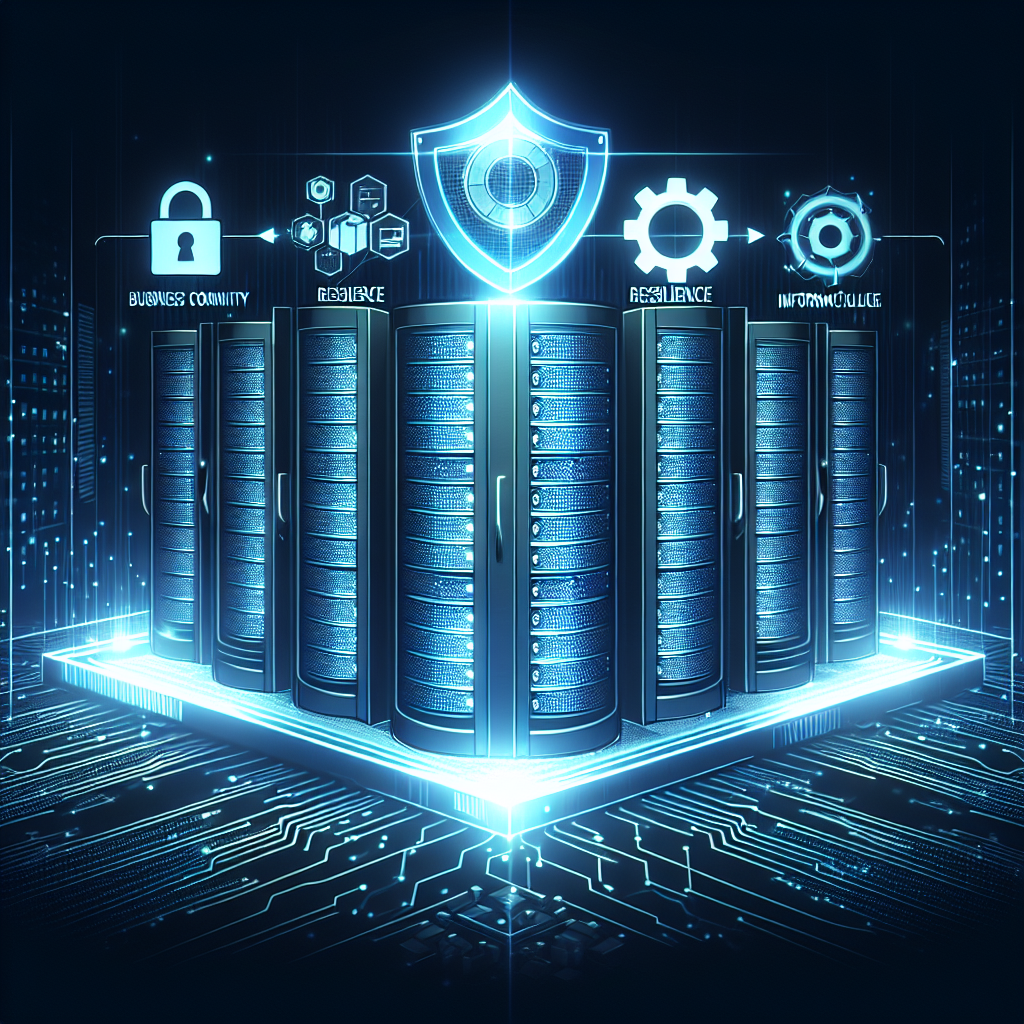Data centers are the backbone of modern businesses, housing critical data and applications that are essential for day-to-day operations. However, disasters can strike at any time, whether it be a natural disaster like a hurricane or earthquake, or a man-made disaster such as a cyberattack or hardware failure. In order to ensure business continuity in the face of such disasters, it is crucial for data centers to have a robust disaster recovery plan in place.
Disaster recovery in data centers refers to the processes and procedures that are put in place to recover data and applications in the event of a disaster. This includes backup and recovery strategies, failover mechanisms, and testing procedures to ensure that data can be quickly and effectively restored in the event of a disaster.
One of the key components of a disaster recovery plan is regular data backups. Data should be backed up regularly and stored in secure offsite locations to ensure that it is safe in the event of a disaster at the primary data center. In addition to regular backups, data centers should also have failover mechanisms in place, such as redundant servers and storage systems, to ensure that data and applications can be quickly switched over to a secondary system in the event of a failure.
Testing is also a critical component of disaster recovery planning. Regular testing of backup and recovery procedures ensures that data can be quickly and effectively restored in the event of a disaster. Testing should be conducted regularly and should include simulations of various disaster scenarios to ensure that data can be recovered in any situation.
In addition to backup and recovery strategies, data centers should also have a comprehensive incident response plan in place. This plan should outline roles and responsibilities in the event of a disaster, as well as communication protocols and escalation procedures to ensure that all stakeholders are informed and engaged in the recovery process.
Overall, disaster recovery in data centers is essential for ensuring business continuity in the face of disasters. By implementing robust backup and recovery strategies, failover mechanisms, and testing procedures, data centers can ensure that critical data and applications can be quickly and effectively restored in the event of a disaster, minimizing downtime and ensuring that business operations can continue uninterrupted.


Leave a Reply